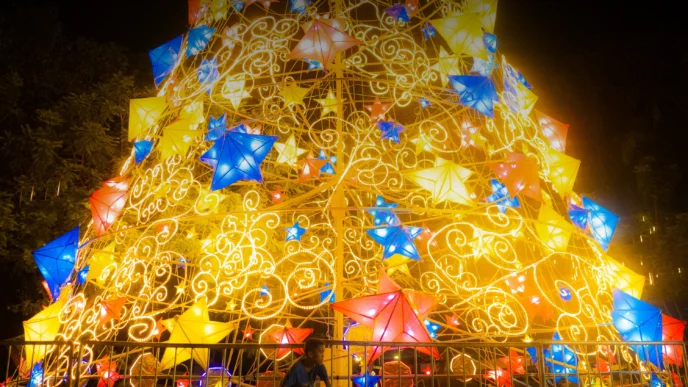By Danielle Bonior
Is it just anxiety, or am I meant to die today?
Ever-so-often, tales of miraculous premonition grace our algorithms. A missed flight leading to the evasion of a plane crash, a dropped key leading to a dodged projectile, or perhaps oversleeping leading to the missing of a shooting or a particularly nasty traffic accident.
Perhaps you’ve heard of Seth MacFarlane, creator of beloved cartoon “Family Guy,” who was meant to board that one fateful plane on September 9, 2001—if it weren’t for a killer hangover and a missed flight.
Near-miss traumatic experiences happen more often than one thinks.
Yet, for me, near-miss traumatic experiences occur in the valley between the hills of “rarely” and “never.” And, in this space that holds rarely and never, are the following experiences: getting held at an airport, accidentally placing banned items in my carry-on luggage, accidentally placing my I.D. in my checked-in luggage—all leading to the same outcome… almost missing a flight.
So, why did this happen to me? Why did this happen to my fellow traveler, too?
This is so unlike me. So unlike us, in the myriad of flights we’ve taken, to make such simplistic mistakes—and to happen to get caught with strict immigration works.
Why? Why now?
Are these forces working that I don’t get on this flight, or is it just a coincidence?
Am I meant to be on this flight?
I’m on that flight. And… is that lighting on the horizon?
Oh God and I…
I believe in inevitability.
I carry the steadfast belief that all actions, whether conscious or unconscious—positive or negative, lead to one predetermined outcome.
Some call it “fatalism,” religious zealots call it “theological determinism.” To explain, imagine this tableau: Death comes to visit, and Death comes to take.
Melodious 80’s classics, the backdrop to a family funeral. Today, the space beneath your ribs feels fuller. There is not enough space in your body to contain the outpour of grief that comes from loss. Your heart is bigger, beats quicker, and beneath the thoracic cage, you feel your heart bounce against the confines… and you feel, more than know, that it’s not enough.
Air is sparse. A friend approaches. A religious peer lays a comforting hand on your shoulder and whispers: (this tragedy is) “God’s will.”
To explain, my belief in fatalism, in theological determinism, falls within the realm of that, and… and the plane starts to shake.
Is it God’s will that makes the ground beneath our feet unsteady?
Was it fatalism that dictated the several circumstances which led to us almost missing our flight? If our flight were not delayed, for the first time, I would have been left behind.
There are too many cases to state, of teams of students—of athletes, of players, of scientists—who board the same plane and crash.
That day, I looked around me, at the sleeping faces of my Sillimanian peers, and for the first time on a plane, prayed that we don’t crash, prayed that I’m wrong, prayed that we were meant to be on this plane (in spite of the 34–yes,we counted—hiccups that stood in our way), and prayed that please, please, let us not die today.
I shared my worries to my plane seatmate, and together we prayed. Funnily enough, I don’t believe either of us are overtly religious enough anyway.
In that hour-long flight from Manila to Dumaguete, we shared anecdotes of fatalism. How odd circumstances saved our dogs from absolute death during a car crash, of how an uncommon situation of a friend coming along prevented me from getting run over.
Fate dictated this moment, fate dictates if we were to die. And, if this were how we die, I’m grateful for these stolen moments—remembrances of the past shared over strawberries.
It’s close to midnight, and the plane is about to land. The last opportunity for death to steal us. The plane’s wheels touch the runway.
We clap.






